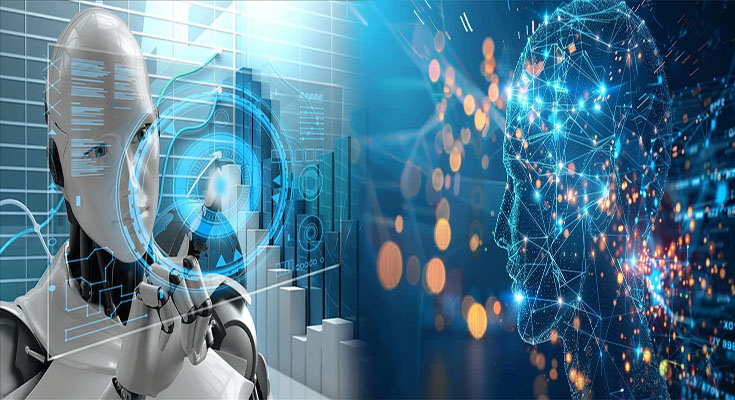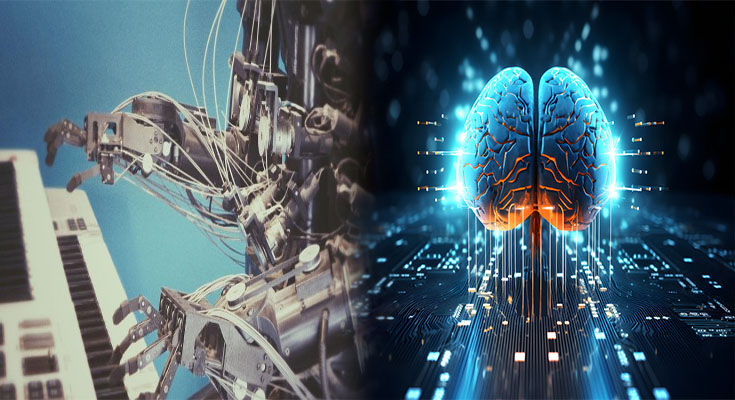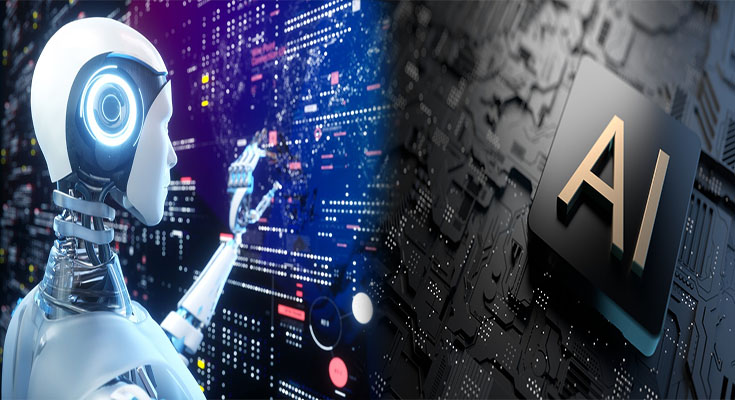
Comparing the Various Types of Artificial Intelligence Applications in Industry and Research
Artificial Intelligence (AI) has revolutionized the way we live and work, with its applications spanning across various industries and research fields. In this article, we will delve into the different types of AI applications and compare how they are being utilized in industry and research.
1. Machine Learning (ML)
Machine learning is a subset of AI that enables systems to learn and improve from experience without being explicitly programmed. ML algorithms can analyze patterns in data and make predictions or decisions based on that analysis. In industry, ML is widely used in areas such as predictive maintenance, fraud detection, and recommendation systems. In research, ML is instrumental in fields like healthcare, finance, and natural language processing.
2. Natural Language Processing (NLP)
NLP is a branch of AI that focuses on enabling machines to understand, interpret and generate human language. In industry, NLP powers chatbots, sentiment analysis, and language translation services. …
Comparing the Various Types of Artificial Intelligence Applications in Industry and Research Read More




